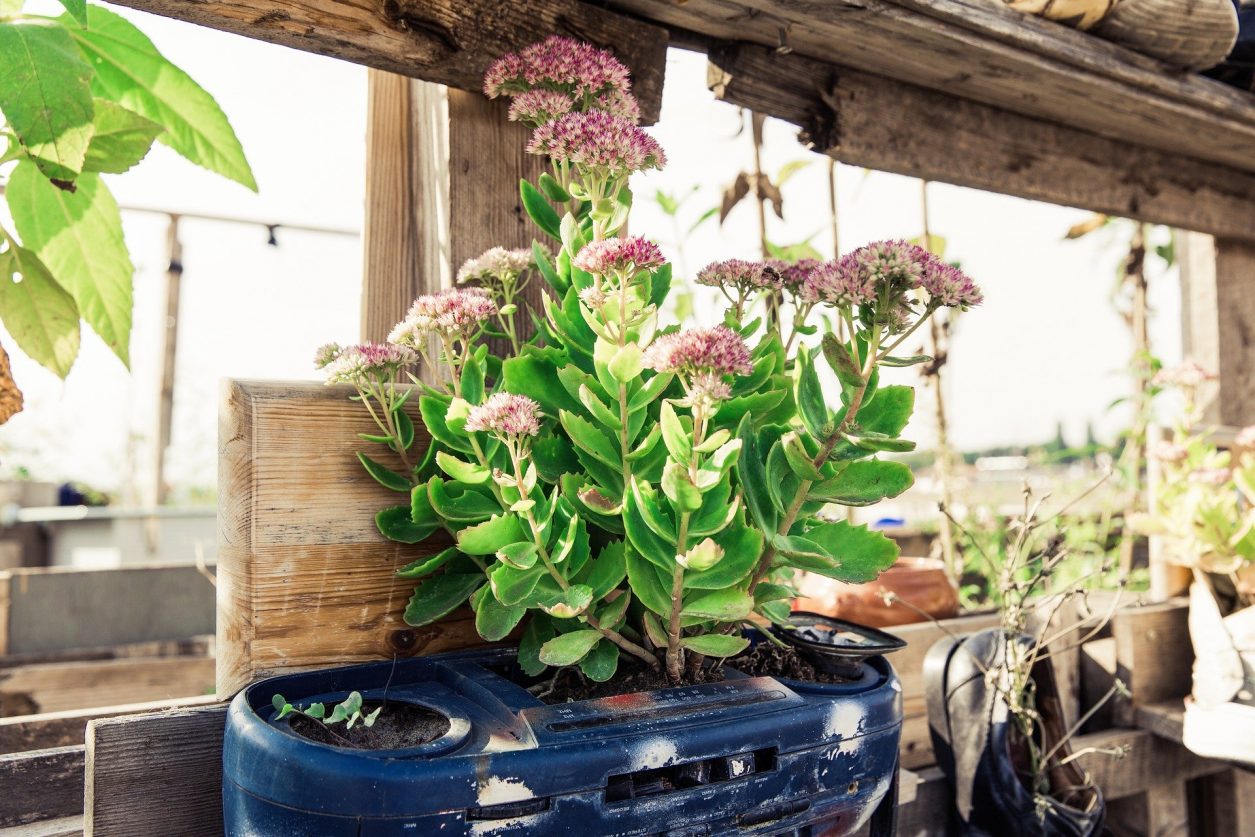
When it comes to sustainability, the house takes all the credit. With the must-have green appliances and the eco-friendly methods for lowering your CO2 footprint, it’s easy to pay yourself on the back. “Good job, old sport!” Of course, sustainability is a lifestyle that affects all areas of your property, including the garden.
Gardens already seem friendly – they are green and outdoors – yet can emit a decent amount of pollutants if you’re not careful. Even worse, it’s the small stuff that has the biggest impact as you don’t know it’s bad.
The good news is, these green-fingered hacks will make everything ok!
Plant less
Plant less? But plants absorb carbon and release oxygen. While that is true, there’s a lot of energy wastage involved in sourcing new flowers, what with the shipping and car journey to pick them up. This is especially true if you’re the type of gardener who likes to switch from summer to winter mode in a hurry. However, evergreen conifers like Thuja Brabant are here to help. As the name suggests, they retain their vivid colours throughout the year, and they don’t require much maintenance. Therefore, there’s no reason for pointless, polluting trips to B&Q to make your garden prettier. It doesn’t get much more striking than a deep green hedge!
Reuse materials
The main way gardens let themselves down in the sustainability stakes is through a lack of recycling. Once a piece of furniture is old and weathered, it goes in the wheelie bin, never to be seen by the eye of a soul again. Rattan chairs and benches are incredibly effective at protecting fragile plants from the element, but unfortunately, they are in the bin. The key is to think or do some research before deciding. You wouldn’t think wooden pallets are useful, and then you see the image below and change your mind!
Go organic
Organic is more than growing fruit and vegetables in the backyard. It’s also about reducing the number of chemicals in your food for the sake of your body. Just because you eat homegrown carrots and potatoes doesn’t guarantee your meals are organic, not if you cover them in pesticides. Pests are nuisances, yet you can keep them at bay with strategic planting or attracting predators to the area. Also, everything you put in the soil, from the nutrients to the water, must be clean. If you add a product from a shop, be sure to double-check the packaging for any inorganic-sounding ingredients.
Save water
Water is another area where waste is at a premium in gardens. For example, you let the rainwater cascade down without collecting it for the house. Or, you turn on the sprinkles in the summer. Saving water is as simple as attaching a butt to every downpipe to ensure the clean H2O is recycled. Also, when watering plants and flowers, don’t target the leaves. Dig a hole and make sure the water goes straight into the roots.
Do you focus on your garden enough when it comes to sustainability?



